Colorado Representative Mike Coffman on Tuesday became the first Republican to demonstrate support for U.S. House efforts to force a vote on net neutrality protections, undone earlier this year by a 3-2 vote at the Federal Communications Commission.
Coffman has also introduced a bill that would amend the Communications Act of 1934 to require net neutrality. So far, the petition to force a vote has only had the support of 176 Democrats, Reuters noted — a problem given that the House has 435 members in all. A majority must sign for the vote to take place.
The Coffman bill would ban measures like throttling, blocking, and paid prioritization by internet service providers, but if passed would also block the FCC from setting service rates. At present, it is not clear if the bill as it stands will even make it to a vote.
During the Obama administration, a 2015 order placed ISPs under Title II regulations treating them as utilities, enshrining net neutrality. In December however the FCC under Republican chairman Ajit Pai voted to overturn net neutrality, which officially expired on June 11.
Pai has largely dismissed fears that his campaign could lead to things like tiered website access and an uphill battle for startups. He has also downplayed accusations that many of the 22 million public comments submitted to the FCC were submitted multiple times, and/or that millions of them were faked.
An undercurrent of resistance has existed within the U.S. government. On May 16 the Senate voted 52 to 47 to reverse the FCC's decision, and a collection of 22 states has sued the FCC. The cause is also believed to have broad public support, but opposition from major ISPs like Verizon.
AT&T, Comcast, and Verizon have vowed not to engage in unfair discrimination, but the companies are no longer legally bound to do so.
Apple has been a vocal backer of net neutrality. Throttling, blocking, or prioritization could potentially interfere with services like Apple Music and iTunes, and the company depends on smooth internet in general to make its hardware appealing.
 Roger Fingas
Roger Fingas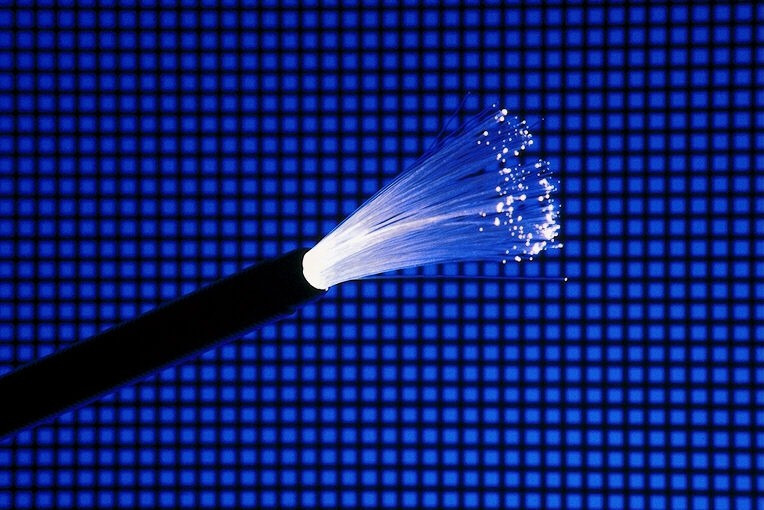


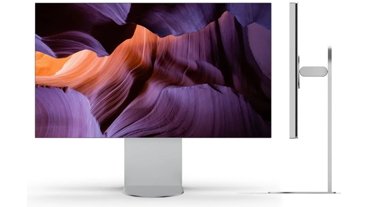
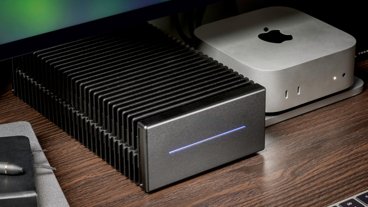

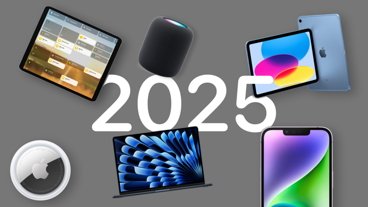
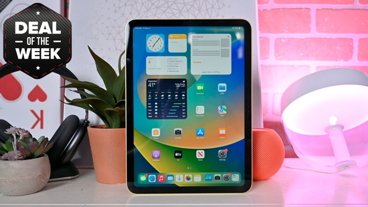
-m.jpg)






 William Gallagher
William Gallagher
 Wesley Hilliard
Wesley Hilliard
 Malcolm Owen
Malcolm Owen
 Andrew O'Hara
Andrew O'Hara

 Charles Martin
Charles Martin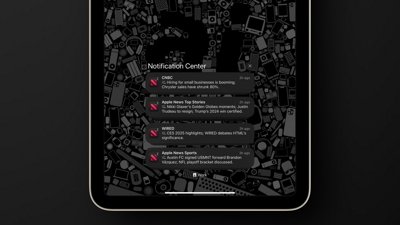
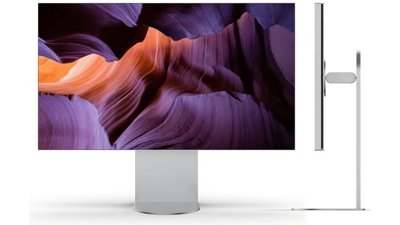


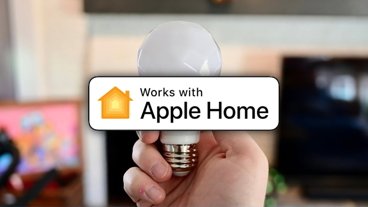







21 Comments
Keep government control far away from the Internet. “Net Neutrality” is total crap.
Okay, let's try this again. You know the rules. If you don't, refer to the commenting guidelines conveniently linked at the bottom of the page.
On this issue, I trust the input from folks at companies like Apple or Netflix more than I do the telecoms.
People at tech companies like Apple certainly aren't dumb -- you can't say they don't understand the technology issues in play (which you could say about politicians or others from outside of tech).
And while the people at the telecom companies understand the technical issues, they clearly have a massive conflict of interest here, making their input almost useless.
I'm not suggesting that people at Apple, Netflix, etc are more virtuous. But in this case, their interests are better aligned with consumers than the interests of the telecoms are.
So.... I'm happy to hear that there's now a hint of bipartisan support for net neutrality.
Given the current market saturation by a small number of media outlets and the shrinking choices when selecting an internet or mobile provider, maintaining net neutrality is paramount to ensuring the free, uncensored and flowing exchange of information between users.
Legislation is the right way to do things. Congress makes the laws and agencies help implement them.